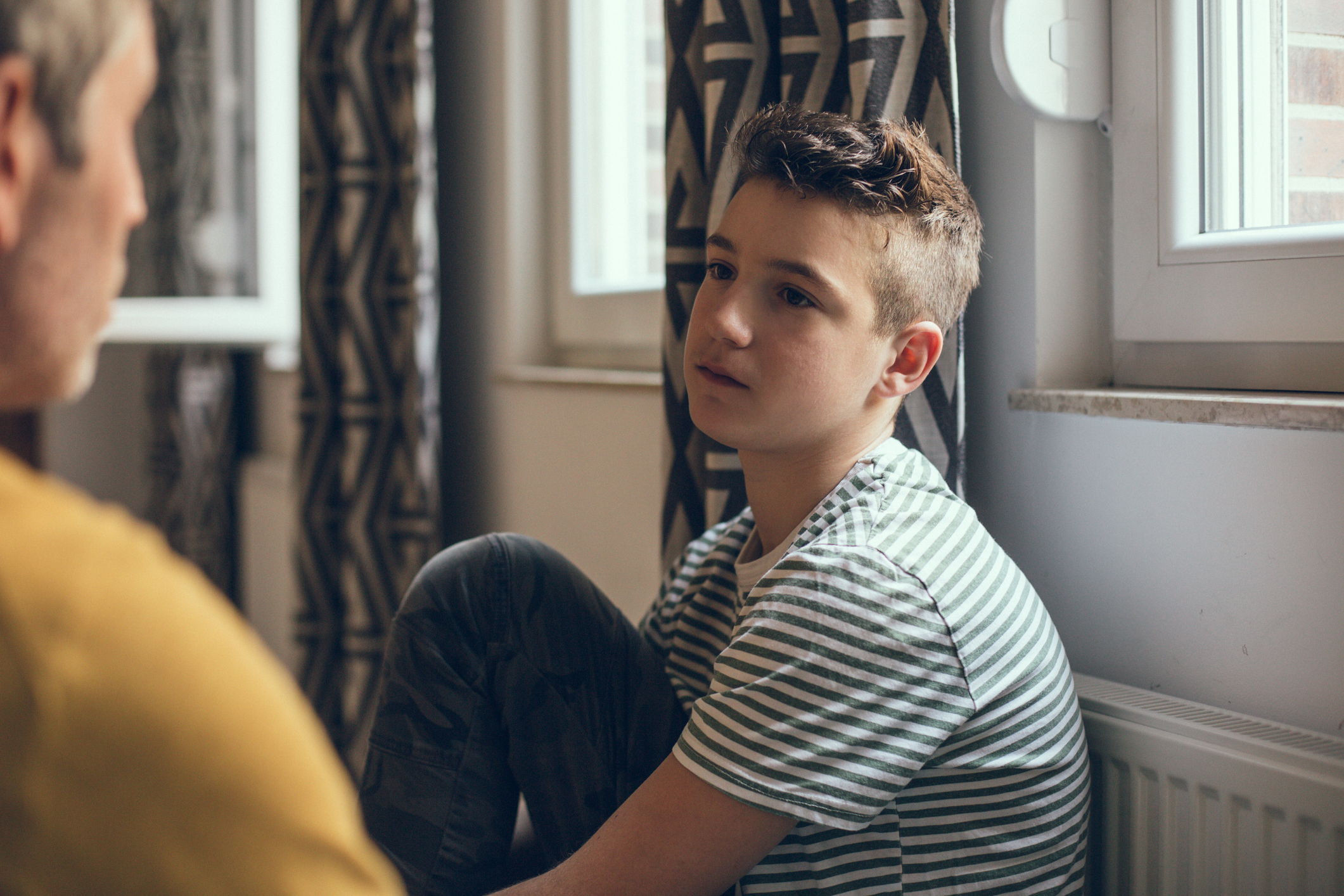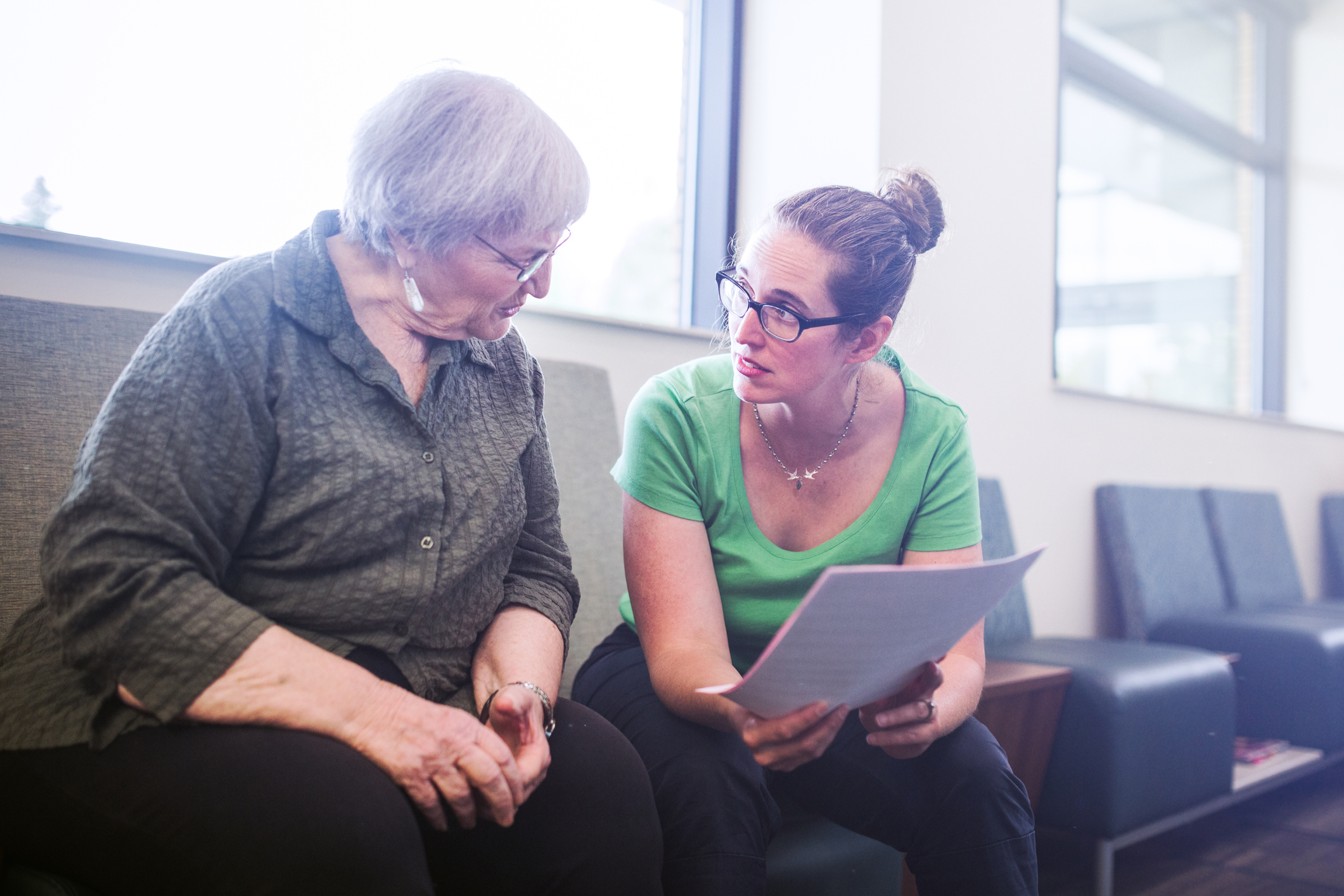It can be upsetting and worrying when someone you care about is struggling to cope. If you’re supporting someone closely, you may start to feel affected by the situation. It’s important to recognise the signs of stress and take time to care for yourself.
Stress can cause both physical and mental symptoms.
Physical symptoms could be:
- headaches or dizziness
- muscle tension or pain
- stomach problems
- chest pain or a faster heartbeat
- sexual problems.
Mental symptoms could be:
- difficulty concentrating
- struggling to make decisions
- feeling overwhelmed
- constantly worrying
- being forgetful.
If you are experiencing any of these symptoms, you may need to take steps to deal with your stress.
It’s also important to know that you can’t fix anyone else’s problems.
You can help by:
- Making sure the person you’re supporting knows that you’re there for them.
- Listening and reassuring.
- Not making judgements or telling someone what to do.
- Encouraging the person that you’re supporting to accept help. Offering to go to appointments, help with paperwork or make phone calls may be helpful.
We’ve put together some resources to help you support:


